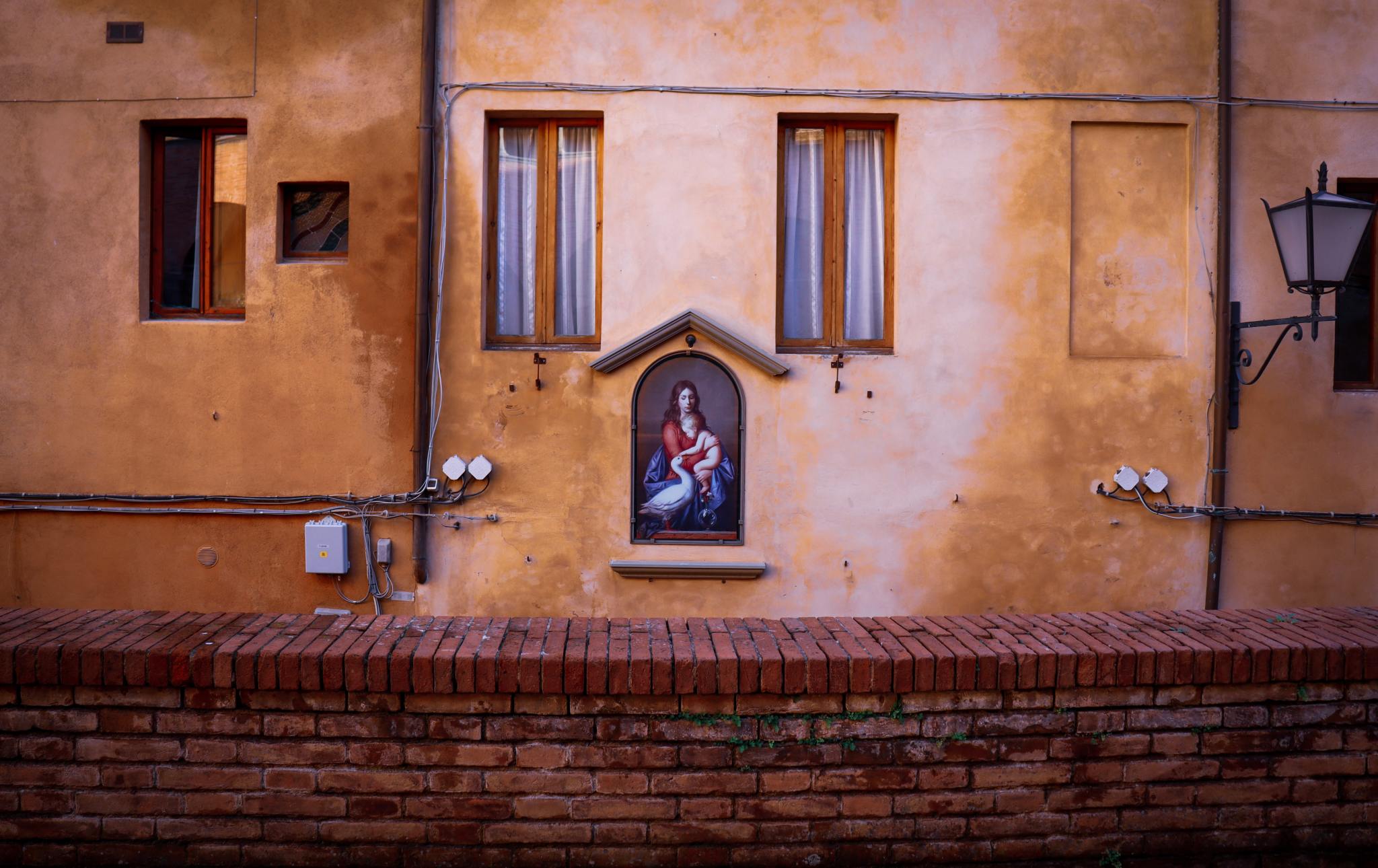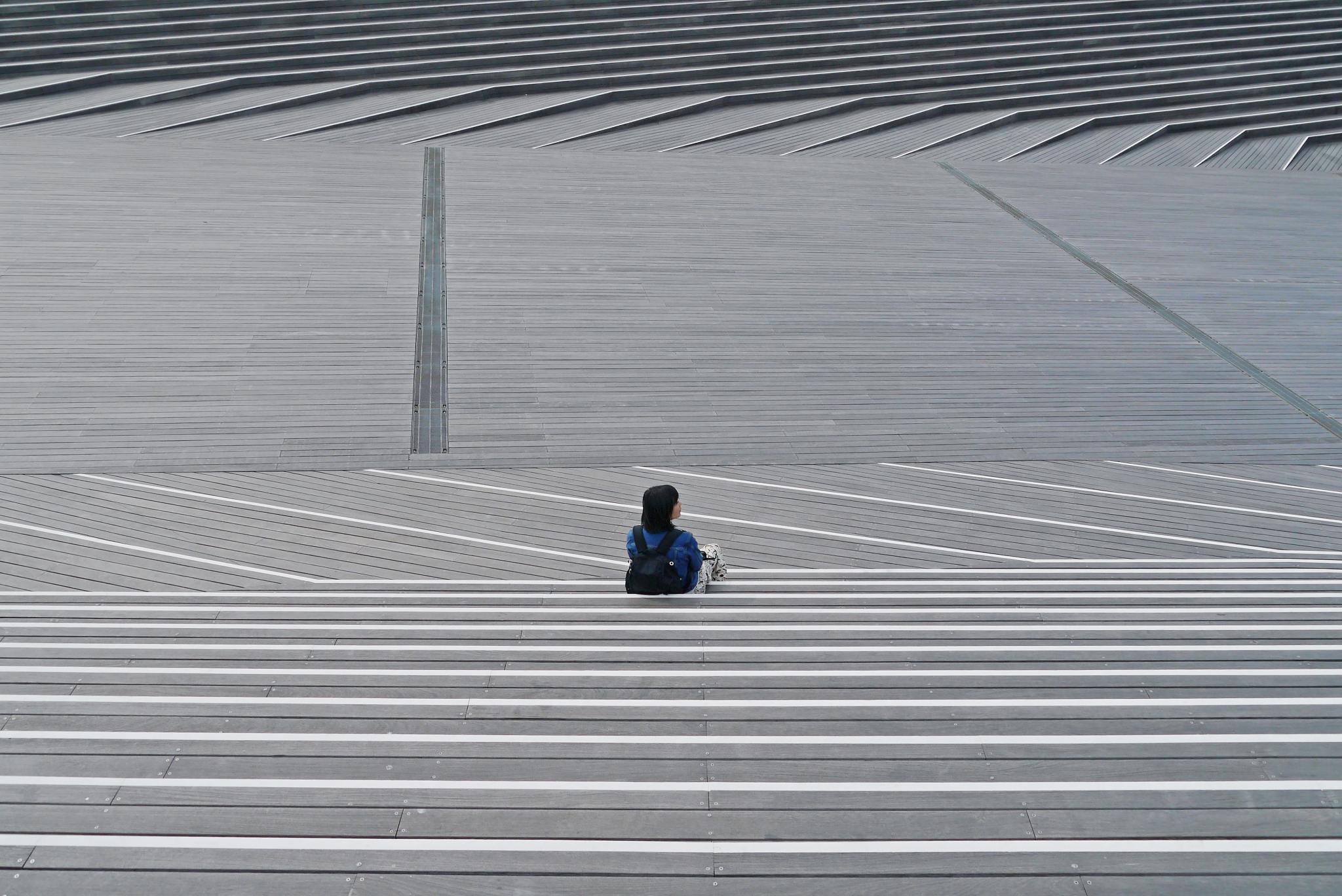Covid culture
In our post last week, we discussed how culture has determined responses to the COVID epidemic. Chinese academics have also looked at this – in different ways. Professor Zhang Jiadong, the author of the article below, is a professor at the American Centre of Fudan University and the director of the Centre for South Asian Studies. He sheds interesting light on how culture affects us all.
Civilization differences and value choices under crisis
COVID is a worldwide epidemic. The number of infections and deaths so far has not been the highest in the past 100 years. However, due to globalization, informatization, and the international political environment, the impact of the epidemic on the world economy and world politics may be. In the process of epidemic prevention and control, different countries have shown different characteristics. Public opinion also has differed on the anti-epidemic measures of countries. These different measures are not only caused by differences in the level of economic development, political systems, and governance of each country, but also due to differences in culture and customs among countries.

The epidemic is not only a global threat that transcends boundaries between countries, but also a micro-governance issue that goes deep into communities and families. The epidemic has very low political content. Fundamentally, the different performances of countries in responding to the epidemic are mainly caused by differences in culture. The epidemics in the United States and the United Kingdom are relatively serious, but the people of the two countries did not violently criticize their governments and leaders at the beginning. On the contrary, the approval ratings of U.S. President Trump and British Prime Minister Boris Johnson increased. This surprised the Chinese. Understanding the difference between the Eastern civilization represented by China and the Western civilization represented by the United States and Europe enables us to look at and analyse the different attitudes of different countries when facing crises.
Atheism and Theism
The atheism of Eastern civilization and theism of Western civilizations have set different standards and bottom lines for different groups. Atheism is an important feature of Eastern civilization, especially the Chinese civilization. According to a poll conducted by Gallup at the end of 2014, two-thirds of the world’s people have religious beliefs, but more than two-thirds of people in China believe that they are atheists or non-religious. 61% are atheists. This is the largest group of atheists in the world. Moreover, the Chinese people’s atheistic tendency has a long historical and cultural root. In “The Analects”, Confucius clearly pointed out, “If you fail to deal with people, how can you deal with ghosts?” “I don’t know how to live, so how can I know death?”
Therefore, from a very early time, Chinese civilization opposed blind worship of ghosts and gods and advocated that energy and resources are placed in the real world of people. Comparing several major civilizations, Western, Islamic, and Hindu, the value of secular life is the highest in Chinese civilization. To put it simply, for the Confucian civilization, life is one’s own. Everyone has it once and only once. Therefore, a person’s worldly life or secular life is the highest value to them. This philosophical concept makes people focus on how to live their lives. To live and fight the epidemic, it is important to give up some individual rights and freedom. In fact, this point is very clear for all Eastern societies.
In the West, until the late Middle Ages, theocracy dominated. Despite many changes, a Western religious philosophy still exists. Secularism may dominate social and economic activities. Personal beliefs and lifestyles are often still dominated by religion. For a group that believes in an afterlife, reincarnation or resurrection, the importance of life in this world is much weaker than that of the Chinese.

Therefore, we can find that, although the epidemic in the United States and some European countries is quite serious, many Americans and Europeans act as if they do not care about the epidemic and are not afraid of death. This philosophical system, based on religious beliefs, will produce complex results. On the one hand, many people will honour the state’s lockdown order challenging the secular government. The Pope also blatantly violated the Italian government’s lockdown order to travel to show his fearlessness. This is of course aiding the spread of the virus.
This does not mean that Westerners are not afraid of death. When the number of deaths exceeds a certain threshold, Westerners will be more proactive in cooperating with the government’s epidemic prevention measures. When Americans discovered the severity of the epidemic, they gradually accepted the masks they had previously despised, and no longer regarded wearing masks as a symbol of the weak.

People orientation and Rules orientation
China has been a people-oriented society since ancient times. A humanistic spirit is the core of Chinese culture. Especially in times of crisis, breaking rules to save people’s lives and cope with the country’s peril is a heroic act, which must be praised and praised again. Many great figures in Chinese history broke the rules of the time.
This is very different from the rule consciousness that Western society has had since ancient times. The rules and habits of Western society come from the Roman legal system and Christian theology. The basic prerequisite is that the rules must be observed, even in times of war and crisis. It is only in unique circumstances that exceptions may occur.
This cultural difference has a great influence on China and foreign countries’ anti-epidemic countermeasures. In a society where people’s lives are above all else, as in China, once the country and government make a judgment to protect people’s lives and safety, everything must give way. So, we saw that after the “closed city” in Wuhan, almost all Chinese stayed at home after an order was given. Medical staff across the country actively signed up and rushed to the front line of Wuhan to fight the epidemic.
In a society where laws and regulations are above everything else as in the West, even if the government wants to take strong anti-epidemic measures, it must follow prescribed procedures. Western people of insight have long learned from China’s lessons and experience. Whether it is a Chinese-style lockdown or a Singapore or South Korean-style lockdown, the government’s active intervention and actions, and the people’s active participation are all necessary to fight the epidemic.
Western countries simply cannot solve their domestic difficulties by referring to the successful anti-epidemic experience of some Asian countries. President Trump once wanted to take strict restrictive measures in New York, but the governor of New York immediately opposed it, claiming that “enforced isolation is equivalent to a federal declaration of war on New York State.” Westerners generally believe that abandoning laws and rules for the sake of an uncertain virus threat and damaging individual freedom and rights, may give rise to a more serious “political” virus. Therefore, in Italy, for example, the government must gradually toughen policies and cannot directly and quickly take pre-emptive measures. As a result, at almost every stage, Western governments have fallen behind the virus. The ‘failures’ of Western countries such as Italy and the United States are due to the characteristics of the entire society and culture, not the fault of the government or a specific leader. If the decisions made by following the rules are correct, ‘procedural’ justice is more important than ‘result’ justice.
This phenomenon is difficult for the Chinese to understand.
Of course, this is also a double-edged sword. The humanistic spirit has given the Chinese government more responsibilities and powers, allowing China to mobilize the people to respond to the epidemic; but the government has also taken a lot of pressure. It is more difficult for the governments of China and other East Asian countries to exempt themselves from responsibility in major disasters and critical events like Western governments.
Collectivism and Individualism
Collectivism is an important feature of Chinese civilization. It stems from an agricultural society’s need for strict and close organization when fighting natural disasters and foreign invasions. China’s long history of unification developed into a history of great collectivism. Only when people are willing to sacrifice individual interests and obey the needs of a larger organization, can they survive.
Western civilization emphasizes individualism, which mainly comes from the nomadic, fishing and hunting traditions of the Western world. In nomadic, fishing and hunting life, production units are relatively small: the threat of natural disasters is far greater than the maximum capacity of social organizations.
Whether it is socialist countries such as China and Vietnam, or Asian countries that have embarked on a Western political path such as Japan, South Korea, and Singapore, the authority of the government in fighting the epidemic is undoubted. Most people are very cooperative with the government’s anti-epidemic arrangements. Many people consciously adjust their lifestyles to adapt to society’s overall anti-epidemic needs. There are people who do not obey, but very few. Many of them undertook Western education, which can easily arouse public outrage and criticism. Therefore, in the fight against the epidemic, no matter where they are or the severity of the epidemic, most Chinese and even East Asians are aware of the general situation and consider the overall situation.
In contrast, the performance of Western people is fully individualistic. Disobedience may not only be unlawful or immoral but may even display personal heroism. Sometimes rebels receive support and applause. What makes it difficult for the Chinese to understand is that some Westerners are not only unwilling to abide by the already lax lockdown order themselves, but also take to the streets to protest the government’s decisions, thus causing new mass infections. The individualistm of Western society has given the governments of the United States, Britain, and Italy a headache in how to manage people to reduce the spread of the virus.

Harmony and Struggle
Chinese political and cultural traditions pay attention to order and harmony based on discipline. In contrast, Western political culture emphasizes the ‘game’ and the struggle between different interest groups. The West does not pursue harmony, but wants a dynamic and uncertain solution resulting from competition.
When a crisis comes, what the Chinese demand is harmony, the automatic cooperation of the individual with the collective, and the automatic benchmarking of the individual with the overall interests. This is true when fighting foreign invasions, and when fighting virus threats.
In the West, the situation is different. In most cases, decision makers always follow the evolution of the situation. They must balance various opinions. The fight against the epidemic between different concepts will continue in the United States. For the Chinese, this situation is a waste of life. But for Americans, the solutions formed in the struggle and the joy of dynamic debate is what that they really want.
Conclusion
In the face of a major epidemic, the different coping mechanisms and responses of different civilization groups at critical moments, have their own advantages and disadvantages. The spirit of atheism and collectivism in the Eastern civilizations represented by China, the harmonious culture where individuals will actively obey overall interests, can quickly form consensus and decision-making. This has been demonstrated not only in China, but also in the fight against the epidemic in Japan, South Korea, and Singapore.

In the West, due to the advocacy of individualism, people are generally theistic. The epidemic may be close to a war but is not a crisis of war, making Western civilization and the established political structure difficult to deal with.
No-one can say whether either set of anti-epidemic measures is better or worse. The Eastern model, represented by China, responds efficiently and effectively. But the people’s expectations of the government are also higher. Because the Western model must cope with procrastination, it is inefficient in the short term. But the people’s expectations of their government are not high. Powerful economic and technological forces also play a role. In any case, after the epidemic, groups of different civilizations must take the opportunity to learn from each other and improve their own anti-epidemic systems. Some will also use this as an opportunity to improve their social governance system, which is of great importance to both Eastern and Western civilizations.
Source: cssn.cn.
Worked on the article:

Wanlikhang






